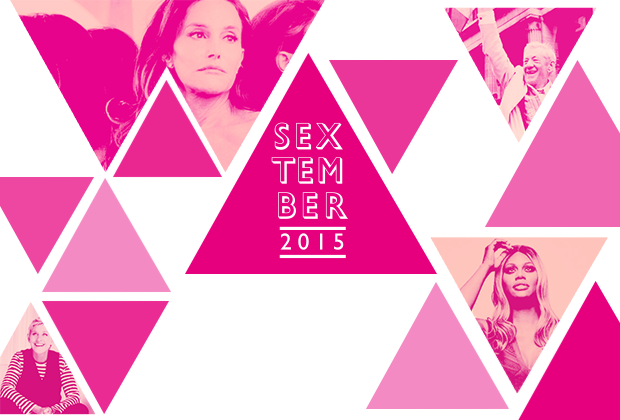SEXtember: International students’ perspectives on LGBTQI issues
EACH country breeds its own cultural attitudes towards LGBTQI issues but is this truly indicative of what its people are thinking? Trinity College Foundation Studies students Emily Chou and Shamira Priyanka chat to other students to find out what they’ve noticed about LGBTQI issues in Australia, what it’s like in their own country and offer their own opinions.
With the legalisation of same sex marriage all across the United States, 2015 has so far proven to be a breakthrough year for the LGBTQI community.
The same cannot be said however of other countries, particularly in Asia where attitudes towards LGBTQI groups still remain quite indifferent.
As other countries strive to reach the same level of equality that the USA has achieved, we approached six Asian students from Trinity College’s Foundation Studies to get their views towards LGBTQI issues, how these groups and their issues are treated in their country of origin, and the things they have noticed regarding LGBTQI issues in Australia.

Photo: Emily Chou
Yujin (SOUTH KOREA)
South Korean student Yujin, says in her country, people from LGBTQI communities “are likely to be misunderstood”.
She reveals that she didn’t discover or even think that LGBTQI people existed until she was in secondary school.
This perception began changing also once a famous celebrity came out on television.
“I, and maybe some other Koreans, noticed [the issue more] when a famous celebrity in Korea confessed his identity on broadcast. Of course he couldn’t appear on TV until this year. But I think somehow our awareness has changed since his confession.”
Since coming to study in Australia, Yujin has said that she was “shocked when handsome guys who [she] met in Sydney said that they [were] gay”.
Now, she is used to encountering people from these communities and says that “younger people are willing to respect and understand them”.
Felix (INDONESIA)
On the topic of same sex marriage, Felix has noticed that Australians work hard to try and advocate and support the matter in the country. The same cannot be said for his home country, Felix admits.
“In my country, LGBTQI is something that is not welcomed so it gets discriminated by many people.”
He thinks there is nothing wrong with a person’s sexual identity, and it’s not everyone else’s place to judge.
“In my opinion, LGBTQI is not a wrong thing. It’s a person’s right whether they want to be gay or not. It’s their matter not ours.”
Wan Hui (MALAYSIA)
Malaysian student Wan Hui says that for the younger generation in Malaysia, “it’s easier to accept” people from LGBTQI communities.
“I came from an all-girls school so I have friends who are lesbians.”
She also adds that “for the older generation it’s harder to accept”.
“[For] instance, my parents don’t want me to get close to my lesbian friends because they’re afraid I would get affected.”
She too feels that there is nothing wrong with being queer or transgendered.
“I don’t think it’s something wrong. I think love has no limit as long as you love the person.”
Steven (CHINA)
For Chinese student, Steven, he notes that the Australians’ tendency to protest is something that you wouldn’t necessarily see in China.
“Australia is a democratic country so people have the right to speak up about their feelings and thoughts. They can peacefully have protests about their rights like gay marriage. According to the Chinese political system, I think this kind of thing is forbidden by the government.”
He also feels the country’s deeply rooted conservative values also restricts people from being who they are.
Honey (IRAN)
Iranian student Honey says while she has been in Australia, she hasn’t “learned anything new that [she] didn’t know before” however noted that “most people [in Australia] support same-sex marriage and are really gay friendly”.
“They don’t even have minor discussions about LGBTQI in Iran, it’s like this term doesn’t even exist. It doesn’t matter whether you’re gay or lesbian, you know you can’t live in Iran as free as you want because the only acceptable relationship between two people in Iran is the relationship between a man and a woman who are married.”
Like many people, she supports people associated with the LGBTQI groups and says “everybody has the right to decide who she or he wants to spend their life with”.
Marx (SINGAPORE)
Hailing from Singapore, Marx says it’s illegal for people to identify either as lesbian or gay in the country.
However, since studying in Australia he finds that compared to his home country people have more freedom to express themselves.
“According to law, it’s illegal in Singapore so there are not many people who are lesbian or gay. I think it’s everyone’s own choice to be gay or not. I find people in Australia have more freedom compared to my own country. “
This story was produced by Media and Communication students at Trinity College Foundation Studies as part of Meld’s community newsroom collaboration. Education institutions, student clubs/societies and community groups interested in being involved can get in touch with us via meld@meldmagazine.com.au.






